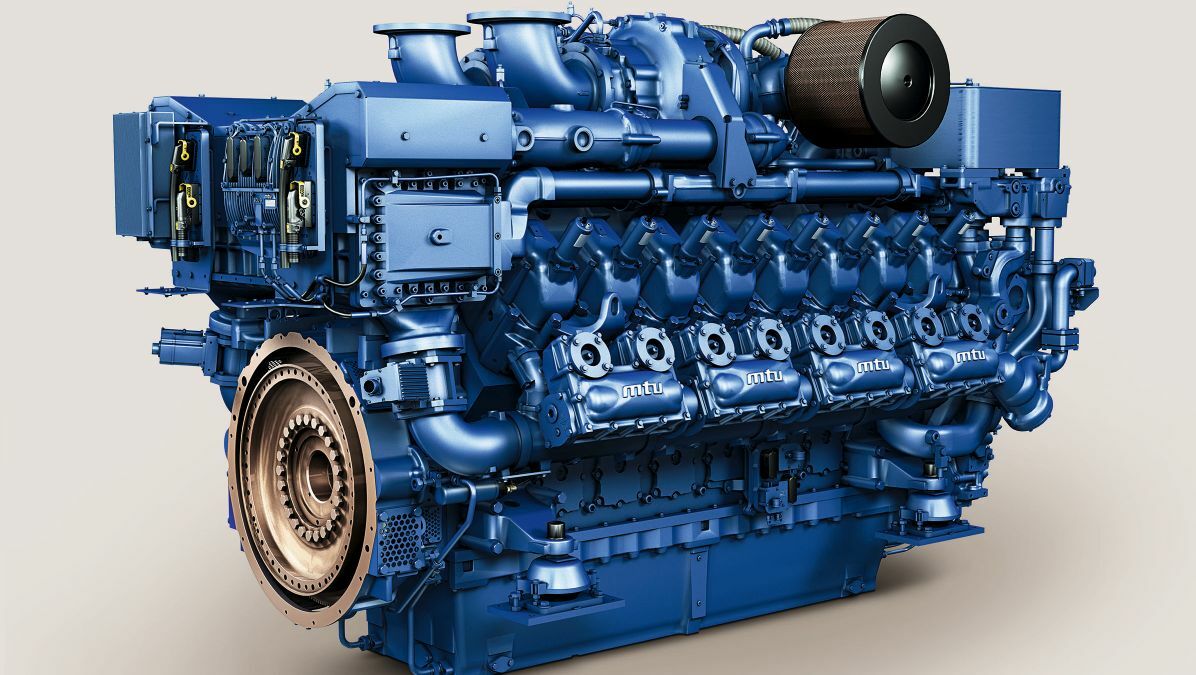Optimize Your Financial Investment with Engines For Africa's Range
Optimize Your Financial Investment with Engines For Africa's Range
Blog Article
A Complete Overview to Picking the Right Engine for Your Task
Picking the appropriate engine for your job is an important choice that can dramatically influence its general success. Each of these components plays a pivotal role in guaranteeing that your picked engine not just meets instant objectives yet likewise aligns with long-term goals.
Specify Your Job Demands
Specifying your job needs is a vital action in selecting the ideal engine for effective execution. A thorough understanding of your task's goals will guide you in recognizing the capabilities and functions called for from an engine. Begin by outlining the range of your task, including the wanted capability, target audience, and the particular end results you aim to attain.
Next, take into consideration the technological demands that align with your job goals. This consists of examining the compatibility of the engine with existing systems, as well as the programming languages and structures that will certainly be utilized. Additionally, assess the degree of scalability needed to fit future development or changes in demand.
Spending plan constraints additionally play a crucial function in specifying your project requires. Develop a clear monetary framework to guide your decision-making process, making certain that the engine picked fits within your budget while supplying the necessary performance.
Evaluate Efficiency Needs

Following, think about the scalability of the engine. Evaluate whether it can take care of raised workloads as your project grows. Engines that sustain straight scaling are often more suitable for bigger applications. In addition, review the engine's performance under various problems, such as peak usage situations, to guarantee it fulfills your integrity standards.
Take Into Consideration Ease of Usage
While technological specifications are necessary, the simplicity of usage of an engine can substantially influence the development process and overall task success. An user-friendly user interface, clear documentation, and structured workflows can dramatically lower the learning curve for designers, allowing them to concentrate on imagination and problem-solving instead of facing complex tools.
When evaluating an engine's simplicity of use, take into consideration the onboarding experience. A well-structured intro, complete with tutorials and sample tasks, can facilitate a smoother change for brand-new individuals. Additionally, the clarity and comprehensiveness of the engine's documents play an essential duty; thorough guides and API referrals can empower designers to troubleshoot and apply features successfully.
An additional aspect to think about is the engine's modification capacities. An engine that enables easy alterations can be more straightforward, as developers can tailor it to fit their specific demands without considerable headache. Last but not least, analyze the process integration with systems and tools you currently use. A natural ecosystem can improve efficiency and minimize friction during the advancement process. Ultimately, picking an engine that prioritizes simplicity of use can bring about a much more efficient and enjoyable growth experience.
Assess Area and Assistance
The strength of an engine's community and assistance network can greatly affect a developer's experience and success. When examining an engine, take into consideration the size and activity degree of its community.
In addition, examine the availability of official support networks. Trustworthy documents, responsive client support, and routine updates are vital for addressing technological issues and maintaining your job on track. Engines For Africa. Energetic communities likewise cultivate cooperation, giving opportunities for networking and feedback, which can be vital, especially for independent programmers or small teams
Additionally, check out the presence of community-run occasions, such as meetups or hackathons. These celebrations can enhance your understanding of the engine while attaching you with potential collaborators and skilled users. In summary, a durable area and support group not just improve development but likewise create an environment favorable to learning and advancement, eventually enhancing the chance of your job's success.
Compare Price and Licensing Choices
Budget considerations play an essential role in choosing the right engine for your project, as the cost and licensing alternatives can considerably impact both short-term expenses and lasting viability. Engines For Africa. Different engines supply differing prices structures, which can include single acquisition costs, registration versions, or revenue-sharing contracts based on your job's profits

Accrediting choices likewise vary dramatically. Some engines are open-source, providing adaptability and community-driven assistance, while others may call for proprietary licenses that restrict use and circulation. Recognizing the effects of each licensing design is vital, as it impacts possession legal rights, future scalability, and potential legal obligations.
Verdict
Finally, choosing the suitable engine for a task necessitates an extensive assessment of specified project demands, efficiency demands, simplicity of usage, area support, and cost considerations. By systematically resolving these vital variables, decision-makers can make sure alignment with both future and existing job needs. A well-informed option inevitably improves the possibility of task success, allowing efficient resource allotment and making best use of possible end results within the defined financial constraints.
Picking the appropriate engine for your project is a crucial decision that can considerably affect its overall success.Defining your job requires is a vital action in choosing the ideal engine for effective implementation. A comprehensive understanding of your job's objectives will read here guide you in identifying the capabilities and functions required from an engine.When you have a clear understanding of your task needs, the following step is to assess the performance requirements of the engine.In final thought, choosing the ideal engine for a project demands a complete assessment of defined project requirements, article source efficiency demands, convenience of usage, community assistance, and price factors to consider.
Report this page